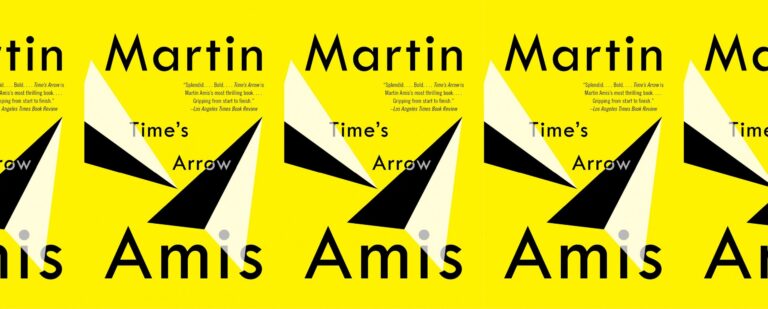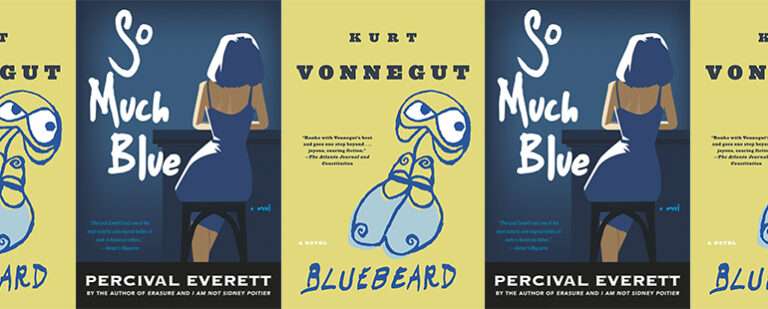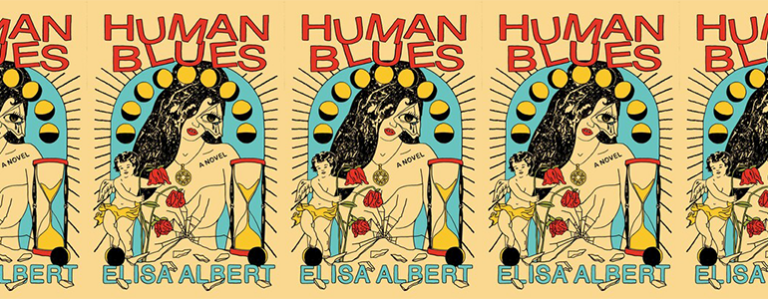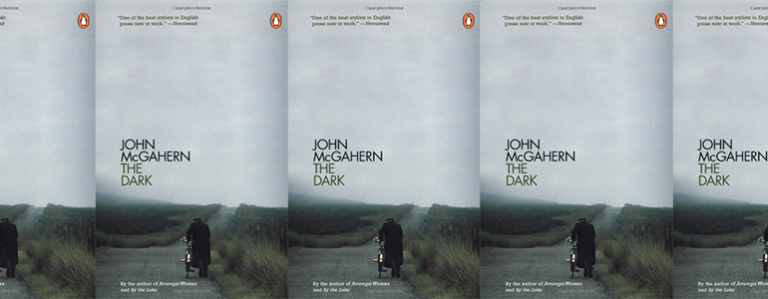Time’s Arrow and the Stories We Tell Ourselves
Martin Amis’ 1991 novel is principally a story about ideology, but it is also a story about denial, and the lengths we will go to justify our own hateful actions.

Martin Amis’ 1991 novel is principally a story about ideology, but it is also a story about denial, and the lengths we will go to justify our own hateful actions.

In filling his 2017 novel with similarities to Kurt Vonnegut’s 1987 work, Percival Everett initiates a dialogue on abstract art.

When read together, Charlotte Perkins Gilman’s tale reveals the realism peeking behind the frame of Shirley Jackson’s, and Jackson’s short story illuminates the otherworldly horror plaguing the narrator of Perkins Gilman’s.

Emma Seckel wields multiple strategies of constraint to expand her novel’s speculative possibilities and, most importantly, establish a thoroughly compelling set of character relationships that infuse the supernatural stakes with organic urgency.

Elisa Albert’s new novel is a potent reminder that the body and the voice are inseparable, and that both demand autonomy.

In John McGahern’s 1965 novel, the point-of-view changes from first-person to second person to third person to no point of view at all. As the point of view shifts, the narrator seems to be seeing himself through different lenses, just as he is redefining himself through his choices.

Immediately after opening Achy Obejas’ 2021 collection we see how she undertakes the mission of writing words that could still save her, us, our world.

In a fragmented world, what remains? Presence, Sheila Heti’s newest novel insists, in all its broken and halfhearted and odd forms. Being present, however halfheartedly, to people and to texts is one balm for this condition.

Jeff Chon’s 2020 novel creates the impression that we cannot help but be immersed in the very toxic culture being satirized and critiqued. We feel the discomfiting sense that we are operating on someone else’s turf—and we aren’t likely to find our way out anytime soon.
No products in the cart.